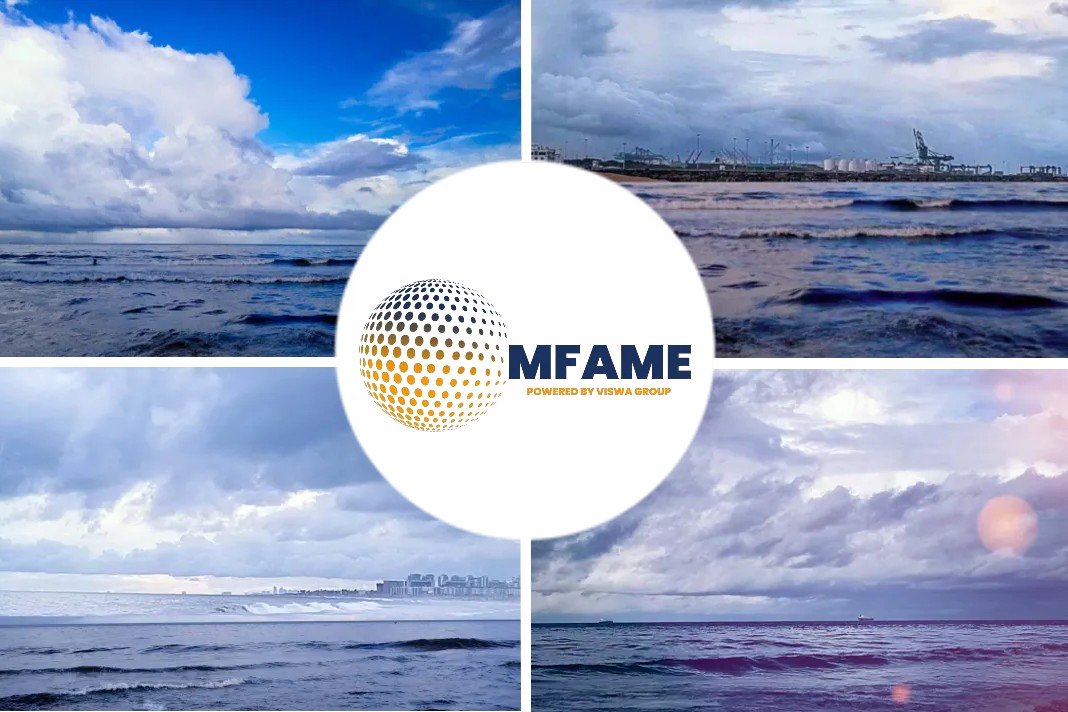Loss Prevention
The Association wishes to remind Members of the potential for an increase in stowaways trying to gain access to vessels in South African ports during the holiday period. It is understood that illegal persons in the country are perhaps trying to secure their travel home at substantial costs to the shipowners and P&I Clubs.
Members are reminded of the previous bulletin and the Association has repeated in this notification, namely, the loss prevention/mitigation measures that should be adopted when a vessel calls a South African port. The Association wish to thank P&I Associates Pty (Ltd) for their continued advices and updates on the situation locally.
The current ruling in South Africa remains unchanged as follows:
Should any unlawful person gain access onto a ship in a South African port, the person will automatically be deemed to be a stowaway unless the vessel can provide photographic, video or third party evidence (terminal security) that the stowaway attempted to board the vessel in Durban.
Therefore, the Immigration Authorities are now declaring unwanted guests that are found on board the vessel, while the vessel is still in Port, as stowaways. Basically, it is the vessel’s responsibility to ensure that nobody enters the vessel illegally.
The ship owner will be liable for the full costs of repatriating the stowaway. It is essential therefore that the stowaway does not gain access onto the ship in any way.
Skuld understand that ship owners are battling in the current economic conditions and may be reluctant to incur the cost of hiring security guards and instead rely on the crew to police the ship.
Stowaway attempts occur as follows:
- Late at night or early hours of the morning
- Stowaways wearing clothing which easily blends-in with stevedores’ clothing, hardhats and reflective jackets
- Stowaways wearing colours not easily seen at night
- They generally climb up berthing ropes, gangways and hide in empty containers and log-ships
- Many personnel working on a vessel enables stowaways to blend in
- They bribe terminal security to enable them to get aboard vessel
- They carry provisions for part of the journey
Skuld recommend the following measures:
- The owner should try and employ three private security guards to patrol the quayside. One security guard should be positioned on the forward mooring lines and one on the stern lines. The other security guard should be posted at the bottom of the gangway. He must be briefed to check that nobody rushes up the gangway. Security on board is ineffective as the guards tend to fall asleep on board.
- If possible, move the ships security desk to the bottom of the gangway. If they employ private security then the guard must not let anyone up the gangway who does not have a pass.
- Ideally a crew member must stand at the bottom of the gangway and check that every person boarding the vessel is in possession of a TNPA port permit.
- Not allow anyone on board the ship who does not have a port permit.
- Every visitor should have ISPS clearance.
- All visitors should surrender their port permit to security and they should collect the same when they leave the ship.
- If anyone does not have a port permit, they must call the terminal/berth security in order to identify and ascertain who is the individual and why the individual does not have a TNPA port permit. The visitor should be in possession of photographic identification.
- They must not allow any individuals to push past them on the gangway. Skuld have had repeated cases where individuals have run past security at the top of the gangway. This is too late and the local authorities will deem the individual as being a stowaway.
- Where possible, raise the gangway and only lower it and allow the visitor on board after a crew member has got to the bottom of the gangway and verified who the visitor is as outlined above.
- The Master should carry out properly coordinated stowaway searches prior to departure. The ship should remain at the port until the search has been completed which must be methodical and systematic. Dog searches are very good at the end of cargo operations. The Port Agent will be in a position to recommend the services of a security and stowaway search company. The dog search companies offer a guarantee to cover costs of the repatriation should they fail to detect a stowaway; however special attention should be given to their terms and conditions as these terms limit the amount of compensation payable by their company.
Did you subscribe for our daily newsletter?
It’s Free! Click here to Subscribe!
Source: Skuld




















